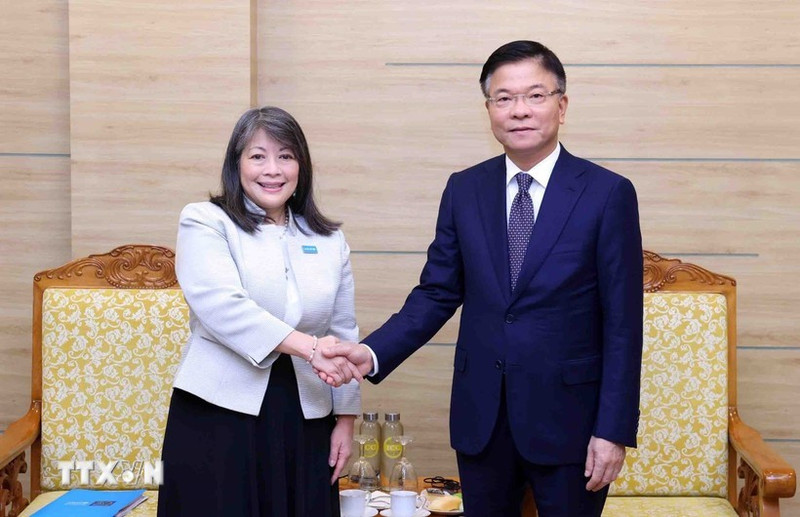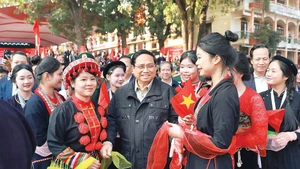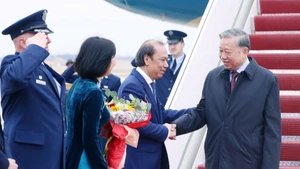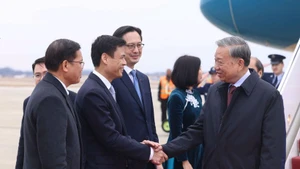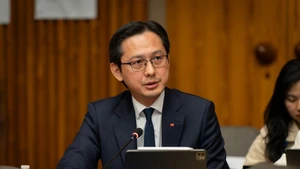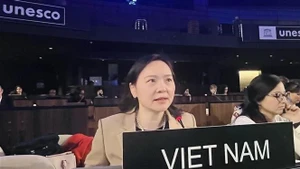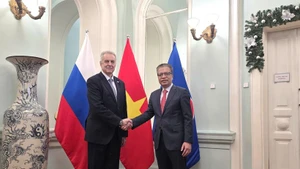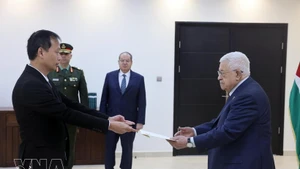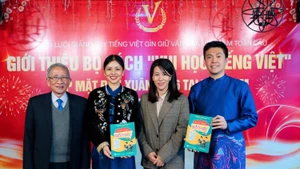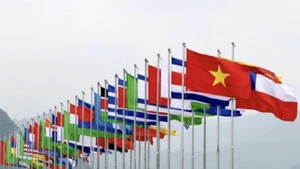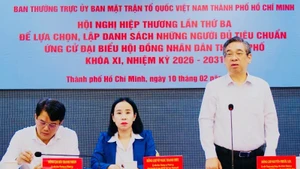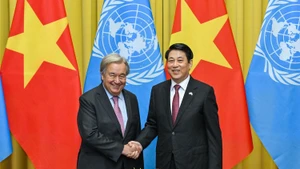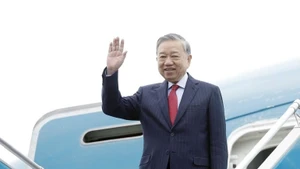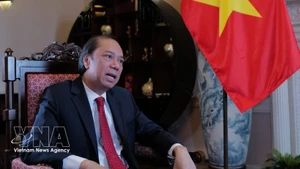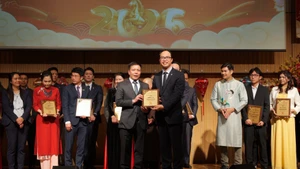Welcoming the delegation, Long affirmed that Viet Nam and UNICEF, along with other UN bodies, enjoy a long-standing and close partnership. UNICEF was the first international organisation to officially establish relations with Viet Nam – in 1975, shortly after the national reunification. Viet Nam was the second country in the world and the first in Asia to ratify the Convention on the Rights of the Child without reservation.
Viet Nam always views UNICEF as one of the most important and closest development partners which has supported its Government in policy making, technical assistance, and effective intervention, he stated.
He highlighted UNICEF’s practical assistance over the decades, from emergency relief and school nutrition programmes to vaccination campaigns, including millions of COVID-19 vaccine doses delivered during the pandemic. These efforts, he said, have directly supported people in even the most remote areas.
For her part, Kunugi said she is impressed with Viet Nam’s fast development and breakthrough progress for the past decades, especially child-related indicators under the Sustainable Development Goals.
She also extended her condolences to the Government and people of Viet Nam over the recent loss of lives and property caused by storms, flooding, and landslides.
Deputy PM Long thanked UNICEF for its sympathy and support, especially for the affected communities in central provinces.
He reaffirmed that the Vietnamese Government always places children at the centre of socio-economic policymaking, viewing investment in children as strategic for the country’s future as in line with the 2030 Agenda for Sustainable Development.
Viet Nam is promoting major reforms in health, education, and social security, including tuition-fee exemptions and the development of 248 boarding schools in border areas, the host said, stressing the Vietnamese Party and State's consistent viewpoint that social security is not compromised in pursuit of economic growth.
Kunugi noted UNICEF’s belief that investment in children forms the foundation for society and human capital development, and that protecting children's rights enables more comprehensive and sustainable development. This is the main driving force for Viet Nam's progress and success.
The Regional Director encouraged Viet Nam to share its successful models and experiences through the South – South cooperation, particularly in the safe and responsible use of digital transformation and artificial intelligence in child support services.
UNICEF also proposed using Viet Nam’s child care and protection model as an example of how investment in children can align with economic development and drive GDP growth.
Long welcomed UNICEF’s recommendations and called for continued assistance, especially in mobilising international resources for child protection, care and education, identifying emerging issues, and implementing concrete programmes like school nutrition and digital transformation.
He expressed confidence that the trusted and forward-looking partnership between Viet Nam and UNICEF will continue to flourish and deliver meaningful outcomes for Vietnamese children.
